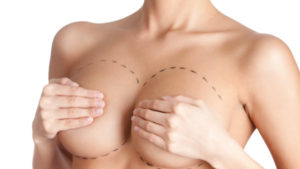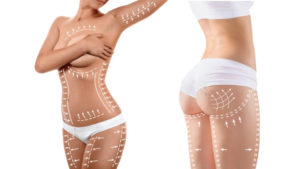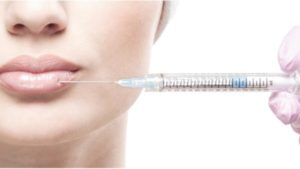Vampire Treatments
Aesthetics
Often when something sounds too good to be true, it is. But not in this case. The reputation PRP is well deserved. The National Institutes of Health website cites several articles from peer-reviewed medical journals on the successful outcomes of PRP Facelift procedures in several studies. Not only does it work, but it is organic and all natural. So what is Platelet Rich Plasma and how does it work?

What is Platelet Rich Plasma?
PRP is a biological product that is found in blood obtained from the patient’s own body. A patient’s blood is collected and centrifuged until it separates into layers: platelet-rich plasma (PRP), and red blood cells. The PRP is essentially an increased concentration of autologous platelets suspended in a small amount of plasma. The PRP is harvested and red blood cells are discarded.
How Does it Work?
The aging of human skin results from a combination in the gradual decline of cellular function over time (general aging) and the cumulative damage of environmental factors such as smoking, Ultraviolet exposure, and exposure to chemicals. These exposures and the passage of time cause degrading of the skin collagen and loss of elasticity This can cause impairment to the structural integrity of the skin resulting in wrinkles and reduce the skin’s ability to recover from damage.
Platelets are primarily responsible for stopping bleeding. In the event of a vascular trauma, platelets are activated causing them to release factors that promote coagulation. Platelets also contain an abundance of cytokines, proteins, growth factors, chemokines, and fibrins that can affect inflammation, angiogenesis, and cell proliferation. In simple terms, the other function of the platelets is to chemically tell the body to activate all the healing mechanisms even when there is no actual injury. Through this mechanism, PRP can stimulate human dermal fibroblast proliferation and increase type I collagen depositions, as well as stimulating new blood vessel formation and adipose tissue formation.
When PRP is injected, or when combined with microneedling (as with the Vampire Facial®), the body recognizes the microinjection sites as wounds that require healing. The platelets release factors that recruit and increase the proliferation of collagen and reparative cells. In addition, the platelets release fibrin, which is the key ingredient of the cellular matrix on which collagen grows. Essentially, PRP stimulates the growth of collagen.




What are the Risks?
Because the PRP is harvested from the patient’s own body, there is no risk of rejection, communicable disease, or allergic reaction. However, anytime a needle is placed in the body, there is the risk of infection, bleeding, and nerve damage. PRP treatments should only be administered by licensed, trained professionals.
To learn more about the advantages of PRP and how they can benefit you, please call us at 301-245-1829 or use the form below to schedule a consultation.
A New You Awaits
Or call — 301-245-1829
PSO Request an Appointment
You...Only Better
Contact us today for your free, no-obligation consultation.







Recent Comments